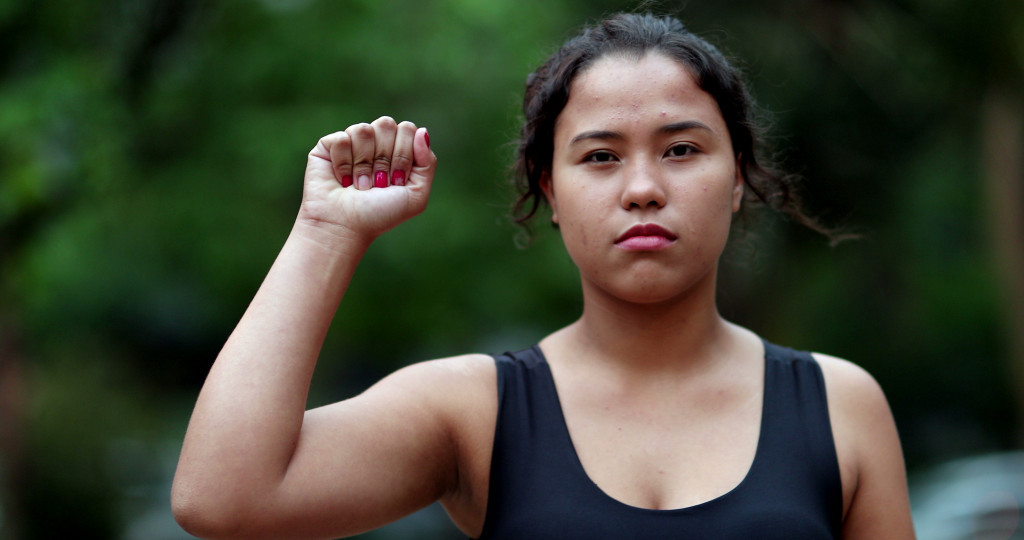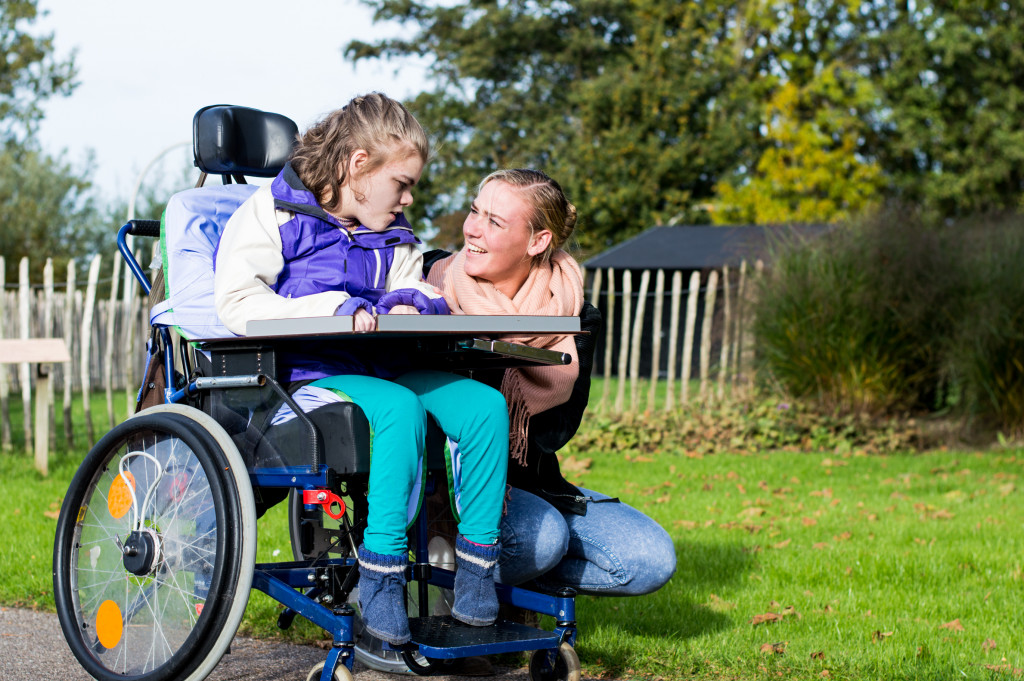There are many ways that you can help the underprivileged in your community. You can volunteer your time, donate money or resources, or advocate for change. No matter what you do, your contribution can make a difference in the lives of those who need it most.
1. Volunteer Your Time
Helping those less privileged than you doesn’t have to equal spending. If you’re on a tight budget but want to help, don’t forget you can still offer your time. Time is genuinely often one of the most valuable resources you can offer to others. Even if you only have a few seconds to give, a little can go a long way.
For example, if you see someone struggling with their groceries or carrying heavy bags, why not stop and offer to help? You could also take up a walking or feeding shift at an animal shelter or join a community service organization that works in your area. Volunteer at a local food bank, soup kitchen, or homeless shelter. Tutor an underserved student. Join a mentorship program. There are countless opportunities to give back, and you’d be surprised and delighted how a bit of your time can make such a big difference.
2. Donate Money or Resources
Conversely, donating money or resources is another great way to help if you cannot volunteer your time. You can donate clothes, food, or furniture to a local family in need. In addition, you can give blood to your local blood bank or make a monetary donation to a nonprofit working to improve the lives of the underprivileged in your community.
If you feel you don’t have much to give, try to think creatively. If you wish you could write a check to your local homeless shelter but can’t afford it, why not offer to make dinner for someone? Maybe there’s a tenant in your building who might be struggling financially or is otherwise isolated. Also, you can donate gently-used items like toys, furniture, and books to a family shelter or children’s hospital. Every little bit helps, so take time to think of what you can spare.
3. Advocate for Change
In addition to volunteering your time or donating money and resources, you can also help by advocating for change. Speak up about issues that affect the underprivileged in your community. Write letters to elected officials, participate in protests and marches, and start conversations with family and friends about how we can work together to create a more just and equitable society.
If there’s an underprivileged group you connect with, reach out to their leaders and see how you can get involved. Become an ally for the LGBTQ community or work with a local minority coalition. Support efforts to raise the minimum wage or advocate for better public transportation. Whatever you choose, remember that your voice matters and can make a real difference.

4. Adopt a Foster Child
Another way to help the underprivileged in your community is to adopt or foster a child. This can be an incredibly fulfilling experience for you and the child, as it offers an opportunity to open your heart and home to someone who needs it.
When you foster a child, you are not committing to taking them on forever. It’s a temporary arrangement where you provide the child with loving and stable care until they can return to their biological parents or are placed with another family.
Is this something you want to do? Consider your capabilities before starting the process. You’ll likely need to undergo a screening process, and you may have to complete additional training or education requirements.
On a related note, adopting a child is also an option. However, it involves more commitment and long-term responsibilities. Regardless of your choice, know that you will make a difference in the life of someone who needs it, which is truly an amazing gift.
5. Create Jobs
Creating jobs is one way you can help fight poverty in your community. If you own or run a business, consider hiring someone from an underprivileged background. Perhaps there’s a qualified but underemployed resident who could use your help. Or, consider starting a community program that helps people gain skills and experience to secure stable employment.
Another way you can create jobs is by donating money or resources to nonprofit organizations that strive to provide job training and placement for the poor. Whatever you choose, know that creating jobs can help improve the well-being of your entire community.
No matter what you do, you can make a difference in the lives of the underprivileged in your community. Volunteer your time, donate money or resources, advocate for change, adopt a foster child, or create jobs—whatever you can do to help. Just know that you can build a better world for everyone.


